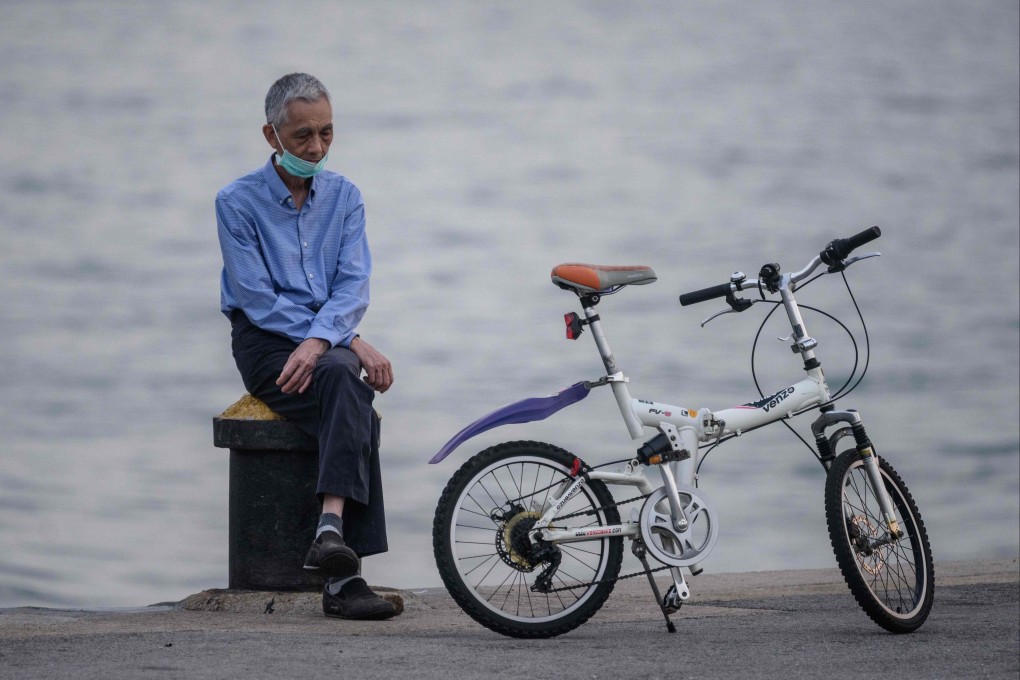Letters | Why Hong Kong is unlikely to become a bicycle-friendly city
- Hong Kong doesn’t have space for bike lanes and parking lots
- In a city where public transport is reliable and affordable, there is no real culture of using bicycles

Even if the government intended to promote the use of bicycles, its priority would be to maintain road safety in the interest of the public. However, a number of cyclists in Hong Kong often fail to wear helmets when cycling on roads or, even worse, to obey traffic rules. At the same time, drivers tend to ignore the needs of cyclists and they often compete with one another for the limited road space, which may result in traffic accidents and casualties. Given the inadequate safety awareness of cyclists and drivers, any traffic accident will seriously affect people using public transport.
Admittedly, the culture of using bicycles has not yet developed in Hong Kong. This is mainly because public transport, including the bus, minibus and MTR, is cheap in Hong Kong and affordable for most citizens. Buses and trains run at high frequencies and are highly accessible, meaning that most Hongkongers are used to taking public transport to work or school and have no use for bicycles.
